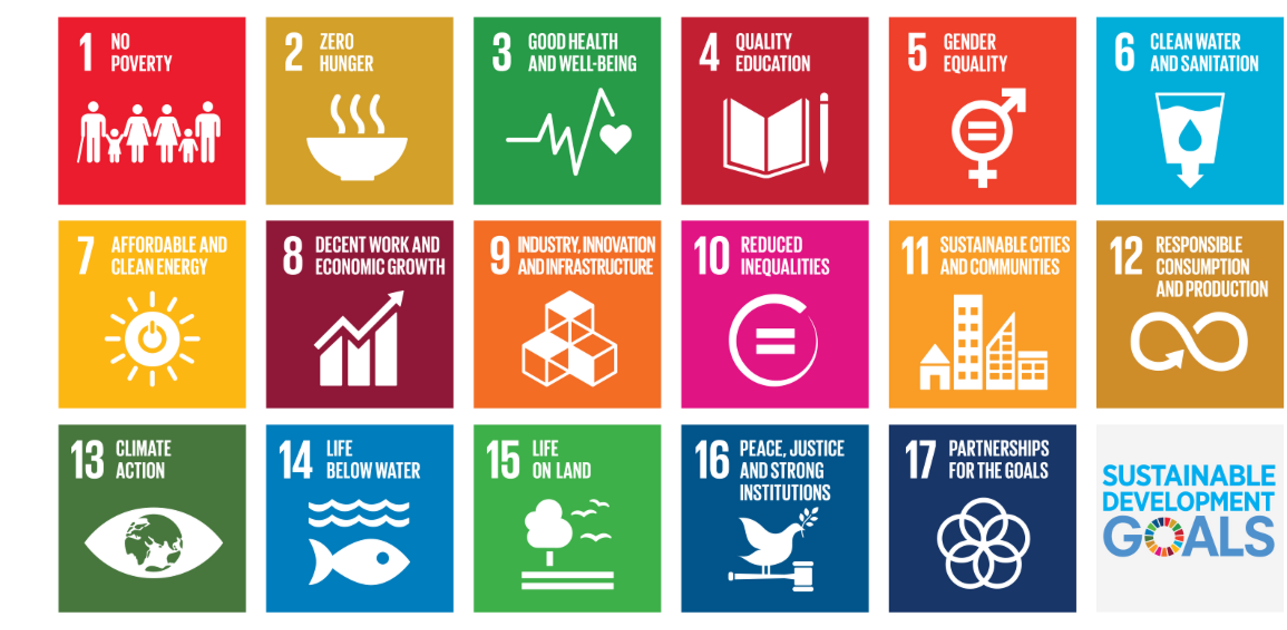

Article: Thursday, 14 November 2024
Contrary to what you might think, sometimes the shelf appeal of a product can be reduced if the labelling includes the product’s innovation and sustainability credentials, according to research by Abby Horgan who graduated in 2023 from the MSc Management of Innovation programme at Rotterdam School of Management, Erasmus University (RSM). Her master thesis, Developing an SDG Mark of Conformity investigated the influence on consumer purchasing decisions of labelling products according to their alignment with the UN’s 17 Sustainable Development Goals (SDGs). Her research demonstrates that the way the product performs on all 17 SDGs can be visualised in just one logo. What’s more, she found that while SDG labelling generally increases the intention to purchase, low SDG scores can negatively affect product appeal, and high-scoring labels do not significantly boost consumers’ intentions to purchase compared to unlabelled products.

Her study can help businesses and policymakers design more effective communication strategies that encourage environmentally responsible consumption. Abby said: “Consumers often perceive innovation and sustainability as interconnected. It’s not easy for consumers to make informed decisions and this is where labels may help.”
Products seen as innovative are also often viewed as sustainable, making them more desirable to modern consumers. If businesses, policymakers, and researchers can understand how to encourage more sustainable shopping habits, they can influence consumers’ choices so that the environmental impact of consumer goods is reduced. “Businesses should consider emphasising both aspects in their product development and marketing strategies. This research shows how product labelling might be optimised to promote sustainable consumption,” she said.
“I wanted to address the lack of clarity about SDG labelling and how it affects consumer perceptions and purchasing intentions. So I explored whether or not these labels effectively communicate the product's innovativeness and sustainability, and how SDG scores influence consumer decisions.”
Her research also highlights the importance of transparency and education in efforts towards sustainability, which can foster greater public awareness and engagement with global sustainability initiatives.
She gathered data via interviews, a survey, and a focus group discussion with students from RSM. The labels on some products used in Abby’s research showed no ‘SDG credentials’ at all, while other products had labels that showed which of the 17 SDGs were being addressed during the product’s manufacture or processing, and to what extent they were effective in that aim, according to a scale of 1–4 per SDG. The focus of Abby’s research was on how consumers reacted to these SDG credentials.
Three dominant findings emerged in answer to her main research question. First, SDG labelling has a direct influence on purchasing intentions; second, the product’s perceived innovativeness and sustainability serve as mediators; and the third is slightly surprising: the presence of any SDG scores in itself can also have a negative effect with consumers.
Abby Horgan proposes that her findings could be incorporated into corporate social responsibility (CSR) strategies as a way to enhance trust in brands and company transparency. She suggests that clear and aesthetically appealing designs for labels should include QR codes so consumers can easily find more detailed information about the sustainability of the product.
The idea of adding SDG information to labels is to bridge knowledge gaps and foster responsible consumption and educating consumers about SDGs can be done through marketing and in-store materials. At the same time, manufacturers need to make continuous improvements to their sustainability practices to maintain high SDG scores and prevent any negative perceptions associated with low scores.
Abigail also recommends that producers and manufacturers should ensure that all of their SDG credentials are independently verified so that the information can be trusted by consumers.
Beyond product labelling, Abby’s research suggests that standardised SDG labels for all kinds of goods would provide consumers with a straightforward way of understanding the product’s sustainability credentials, while policymakers and businesses could consider adopting or incentivising standardised labels to promote transparency, consumer trust, and sustainable practices.
Abby Horgan is currently working as an assistant brand manager for Unilever in Dublin.

Science Communication and Media Officer
Rotterdam School of Management, Erasmus University (RSM) is one of Europe’s top-ranked business schools. RSM provides ground-breaking research and education furthering excellence in all aspects of management and is based in the international port city of Rotterdam – a vital nexus of business, logistics and trade. RSM’s primary focus is on developing business leaders with international careers who can become a force for positive change by carrying their innovative mindset into a sustainable future. Our first-class range of bachelor, master, MBA, PhD and executive programmes encourage them to become to become critical, creative, caring and collaborative thinkers and doers.
